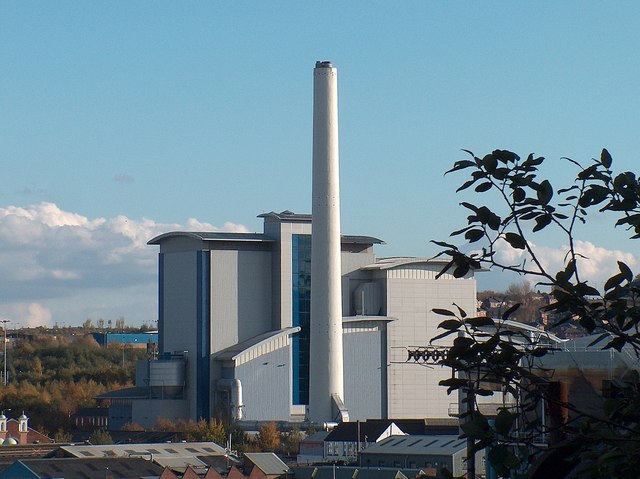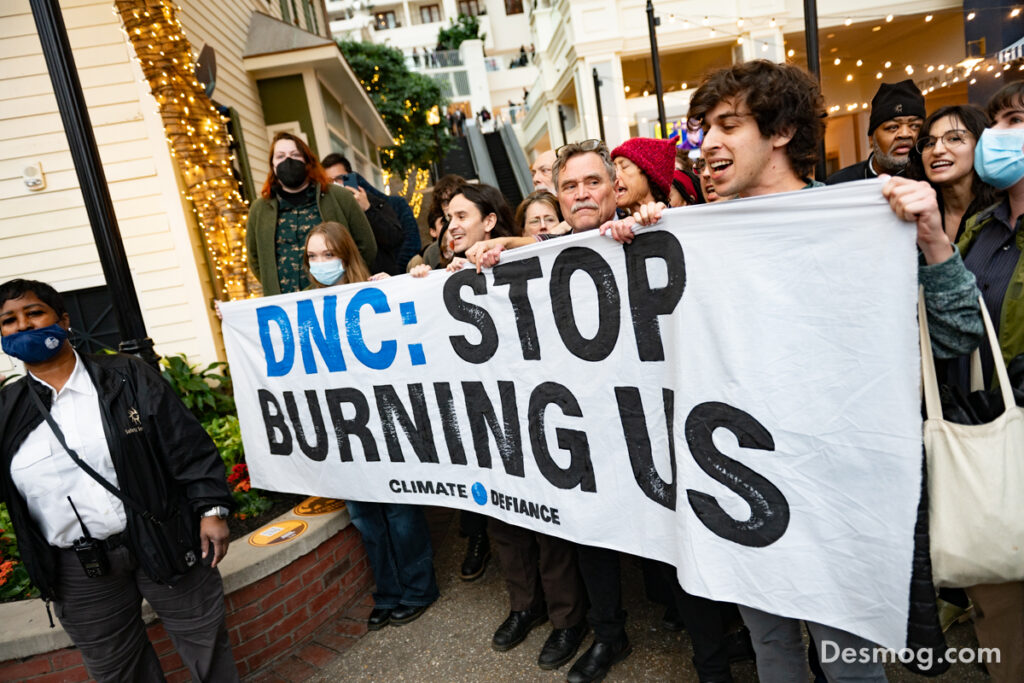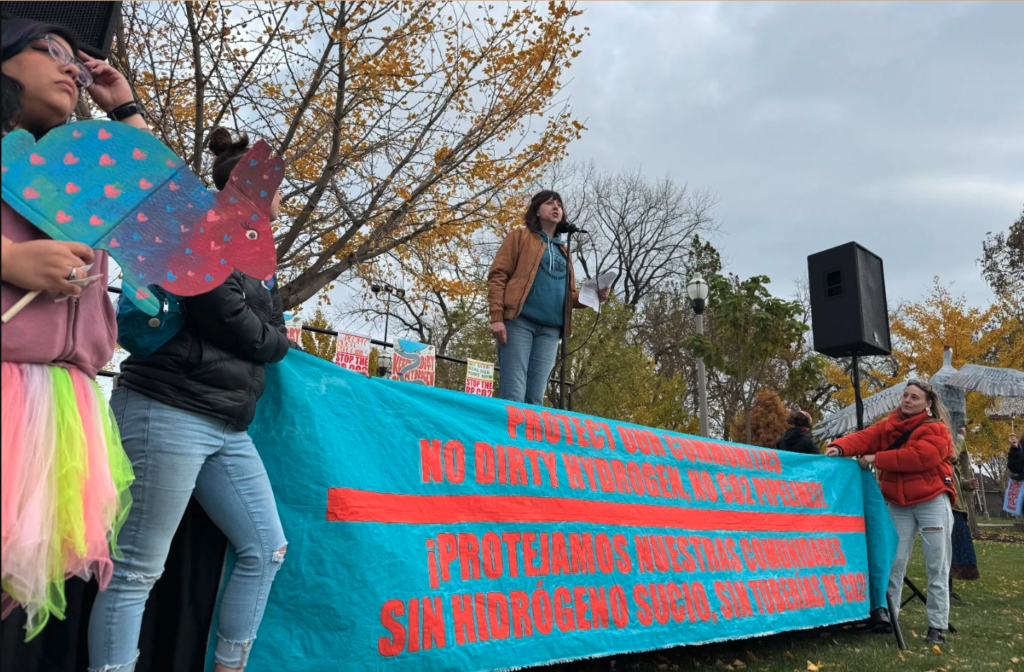Environmentalists are calling on the government to reassess its support for a large expansion of waste incinerators in the coming decade and bring in a law that would require the waste sector to decarbonise by 2035.
A coalition of 20 organisations, 29 MPs and councillors and 6 campaigners have written to Prime Minister Boris Johnson, urging him to rethink the UK’s growing reliance on “energy-from-waste” plants, which they argue is hindering the transition to a “circular economy”.
Written by Extinction Rebellion’s Zero Waste group, signatories of the letter include Friends of the Earth, Greenpeace and the Climate Coalition, as well as Labour MPs Diane Abbott MP, John McDonnell MP and Richard Burgon MP have also signed.
Signatory Green Party Baroness Jenny Jones told DeSmog: “As restrictions have been placed on sending rubbish to landfill, our waste has been diverted into newly built incinerators, rather than creating a circular economy. The research behind this letter was a first rate demolition of the Energy from Waste industry.”
“We desperately need a moratorium on new incinerators and to work towards materials being part of a closed loop, where everything possible gets reused,” she added.
The letter claims the UK’s energy-from-waste (EfW) capacity is set to expand by 20 million tonnes by 2030, “more than doubling current capacity and locking the country into an additional 10 million tonnes of fossil-derived CO2 emissions per year, primarily from burning plastics”. This development involves a proposed new EfW plant in Edmonton, London, which has been criticised by Extinction Rebellion.
Like what you’re reading? Become a DeSmog patron today!
It argues for an overhaul of the waste and resource sector, to facilitate the transition towards a circular economy and the achievement of the Paris Agreement commitments.
Sam Chetan-Welsh, political campaigner at Greenpeace UK, told DeSmog: “Our addiction to throwaway items and packaging has created a huge challenge in what we do with the waste. Incinerators are not the answer, they just distract us from reducing the amount of waste we create in the first place.”
“The majority of incinerators are dumped in deprived neighbourhoods meaning people of colour and low-income communities are disproportionately impacted,” he said.
The letter includes a blueprint designed to help the UK cut total CO2 emissions by 15 percent, equivalent to 68 million tonnes per year, create more than 200,000 new jobs, and inject an estimated £35 billion into the UK economy by 2030.
Dr Anne Velenturf, Research Impact Fellow in Circular Economy at the University of Leeds, said building more energy-from-waste plants at this point was “inconsistent with the Paris Agreement and the UK’s legally binding net-zero commitments.”
The letter also raises concerns around the way in which councils become contractually obliged to burn materials so that EfW plants can operate at capacity, leading to large quantities of recyclable or compostable materials being burnt.
An annex to the letter argues that EfW incineration is “incompatible” with the three principles of the circular economy: designing out waste and pollution, keeping products and materials in use, and restoring natural systems.
It adds that “more than half of the residual waste that is currently incinerated is actually recyclable or digestible”, pointing to figures from the Waste & Resources Action Programme showing that in England “an estimated 53 percent of the residual waste is readily recyclable, 27 percent is potentially recyclable, 12 percent is potentially substitutable for recyclable materials, and only 8 percent is difficult to recycle or substitute”.
The groups are concerned that burning more waste under the government’s current strategy would undermine the billions spent by the UK on recyclable packaging.
They advise a recycling target of 70 percent by 2030 under the UK’s new Environment Bill, as recommended by the Committee on Climate Change, as well as a non-recyclable waste reduction target of 50 percent by 2030.
The blueprint also suggests a law on waste market reform in order to attract investment in recycling infrastructure and “level the playing field” between EfW incineration and recycling.
Other proposals made in the letter include a circular economy capital investment programme and “an update to the 2014 National Planning Policy for Waste to require waste planning authorities to demonstrate that no readily recyclable dry or organic materials are sent to landfill or EfW”.
A spokesperson from the Department for Environment, Food & Rural Affairs said:
“The Prime Minister has this week outlined his Ten Point Plan for a Green Industrial Revolution, which includes becoming a world leader in carbon capture, eliminating emissions as we transition to Net Zero. Our landmark Resources & Waste Strategy also sets out how we will go further and faster, to reduce, reuse, and recycle.
“Through this plan we will cement our place as a world leader in resource efficiency, leaving our environment in a better state than we inherited it. This approach focuses on limiting the amount of waste sent for incineration or landfill, alongside implementing wider measures which will help reduce emissions from waste management more generally.”
Updated 18/11/2020 with comment from Defra.
Photo credit: Neil Theasby/Geograph/CC BY–SA 2.0
Subscribe to our newsletter
Stay up to date with DeSmog news and alerts







